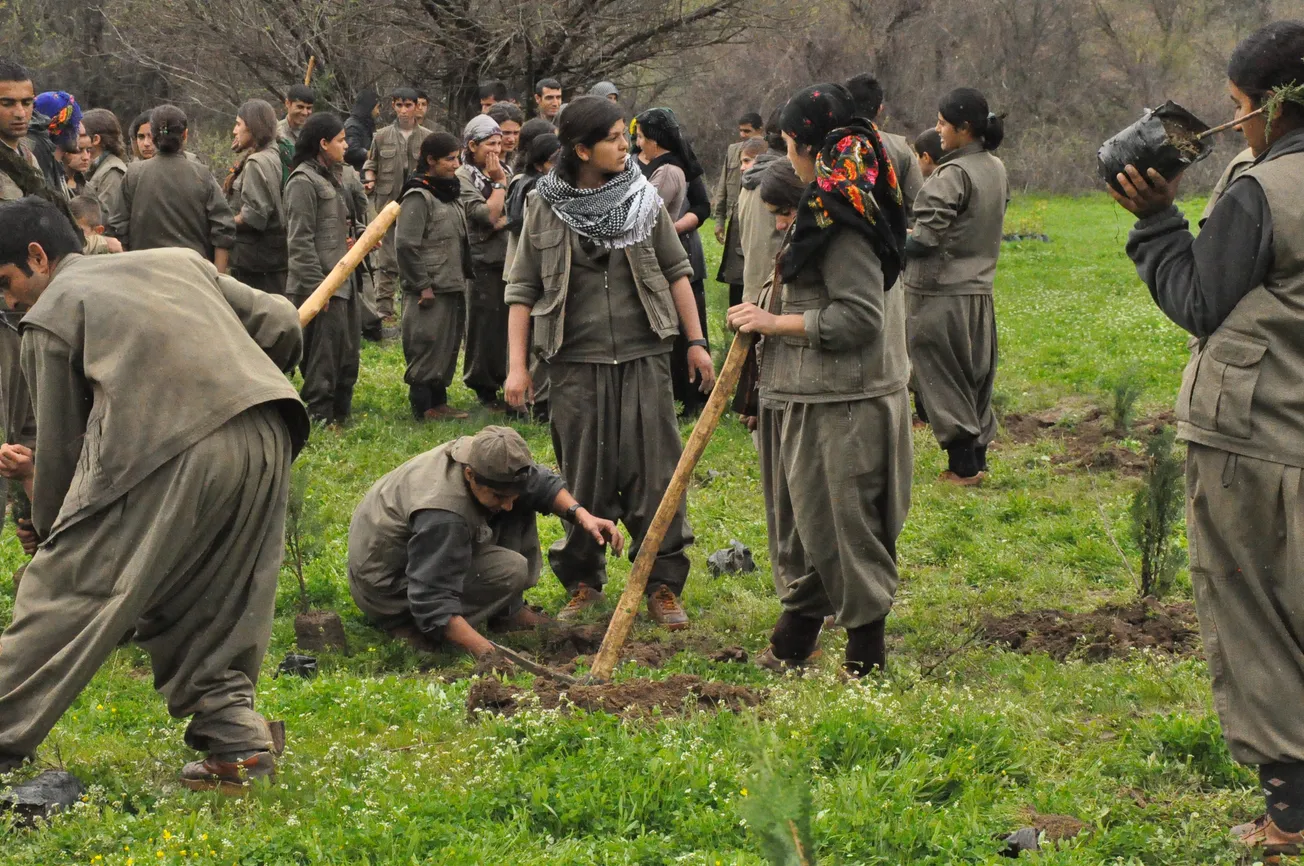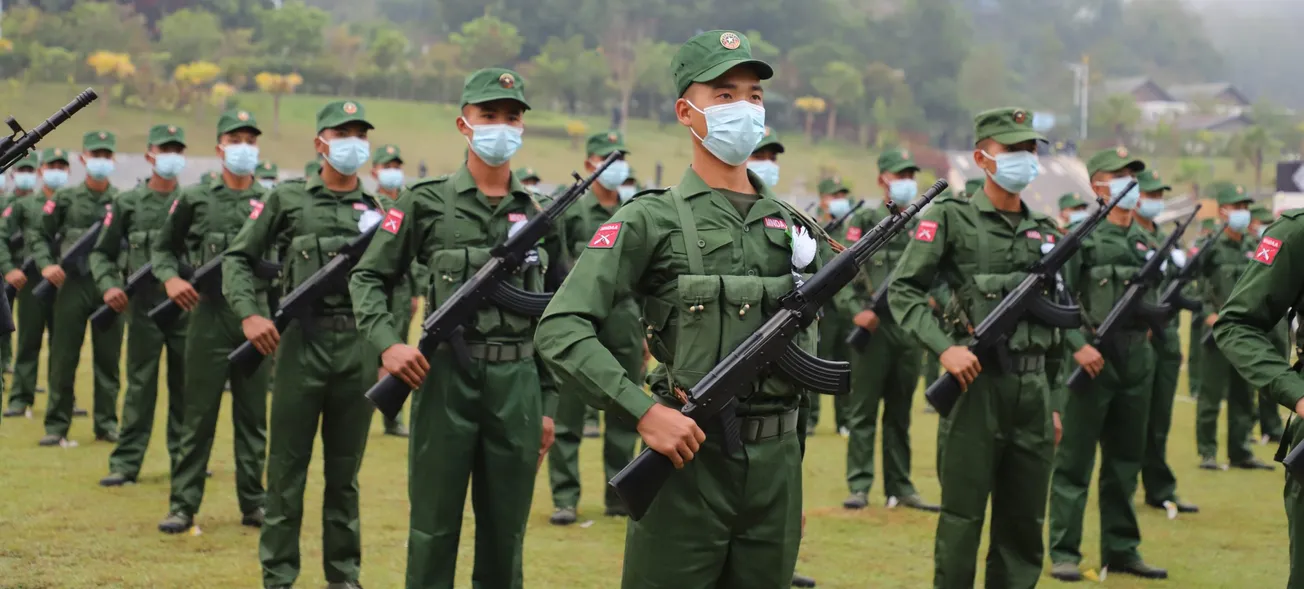Introduction
The region of Transnistria, a breakaway territory located between the Dniester River and the border of Ukraine, has recently appealed to Russia for "protection" in the face of increased pressure from Moldova. This move has raised concerns about a potential escalation of regional tensions and the possibility of Russian intervention. In this article, we will explore the background of the Transnistria conflict, the reasons behind the recent appeal for help, the responses from Russia and Moldova, and the potential implications of Russian intervention.
The History of the Transnistria Conflict
The conflict in Transnistria traces back to the collapse of the Soviet Union. Following the breakup, Transnistria, a predominantly Russian-speaking population, declared independence from Moldova unilaterally. This led to a war between the separatists in Transnistria and the pro-Western government of Moldova in 1992, resulting in hundreds of deaths and the intervention of the Russian army on the side of the separatists. Since then, Transnistria has operated as a self-proclaimed republic, although no UN member state recognizes it as an independent entity.
The Recent Appeal for Russian "Protection"
In recent years, tensions between Transnistria and Moldova have escalated, particularly over customs duties and economic policies. The current appeal for Russian "protection" by pro-Moscow separatist officials in Transnistria came as a response to what they perceive as increased pressure from Moldova. The officials cited an "economic war" unleashed by the Moldovan government, including the blocking of crucial imports and attempts to isolate Transnistria. This has raised concerns about the viability and stability of the region.
Responses from Russia and Moldova
Russia has expressed its commitment to protecting the interests of the residents of Transnistria, stating that it is one of their priorities. Moscow has historically supported the separatist region and has maintained a military presence in Transnistria, with around 1,500 Russian troops stationed there. Conversely, the Moldovan government has downplayed the recent appeal and dismissed it as propaganda. They have emphasized that there is no danger of escalation or destabilization in the region and have called the appeal a campaign to create hysteria.
Implications of Russian Intervention
The potential intervention of Russia in Transnistria raises several concerns and implications for the region and the international community. Firstly, it could further escalate tensions between Russia and Ukraine, as Moldova fears that Russia could use Transnistria as a base to open a new front in the southwest, towards Odesa. This could have significant consequences for regional stability and security. Secondly, it could undermine Moldova's aspirations for European Union membership. The country gained official candidate status for EU membership in 2022, and Russian intervention in Transnistria could hinder its progress towards integration with the EU. Finally, it could exacerbate existing divisions within Moldova, as the conflict in Transnistria has already polarized the population.
Conclusion
The recent appeal for Russian "protection" by Transnistria has raised concerns about the potential for Russian intervention and its implications for the region. The conflict in Transnistria, which dates back to the collapse of the Soviet Union, has been characterized by tensions between the separatist region and the Moldovan government. While Russia has expressed its commitment to protecting the interests of Transnistria, Moldova has downplayed the recent appeal and emphasized the region's stability. The potential intervention of Russia in Transnistria carries significant implications for regional stability, Moldova's European aspirations, and the ongoing tensions between Russia and Ukraine. The situation in Transnistria remains a complex and delicate issue that requires careful monitoring and diplomatic efforts to prevent further escalation.










